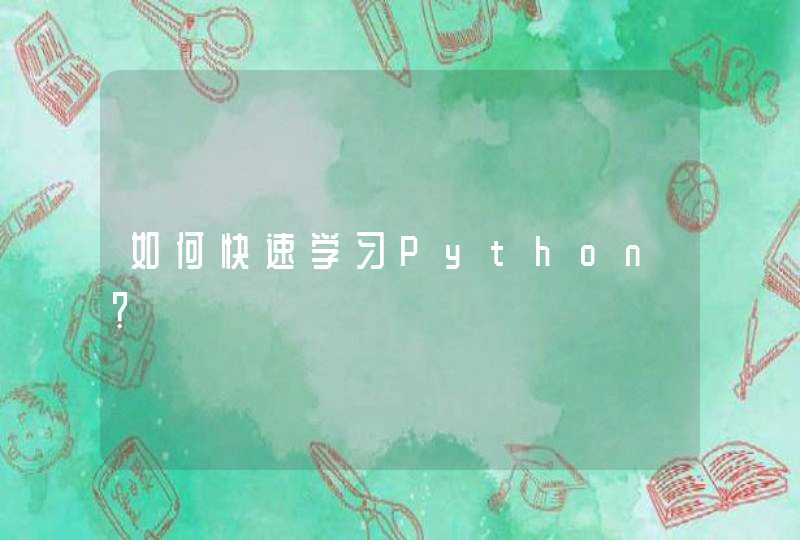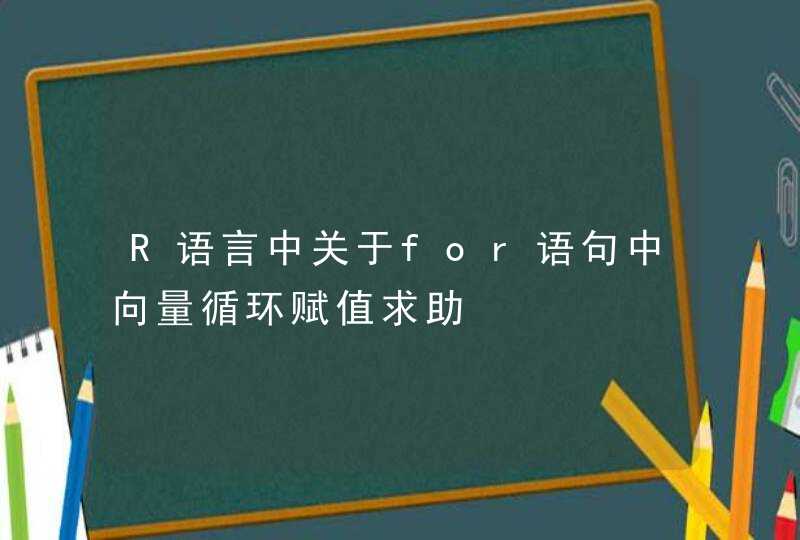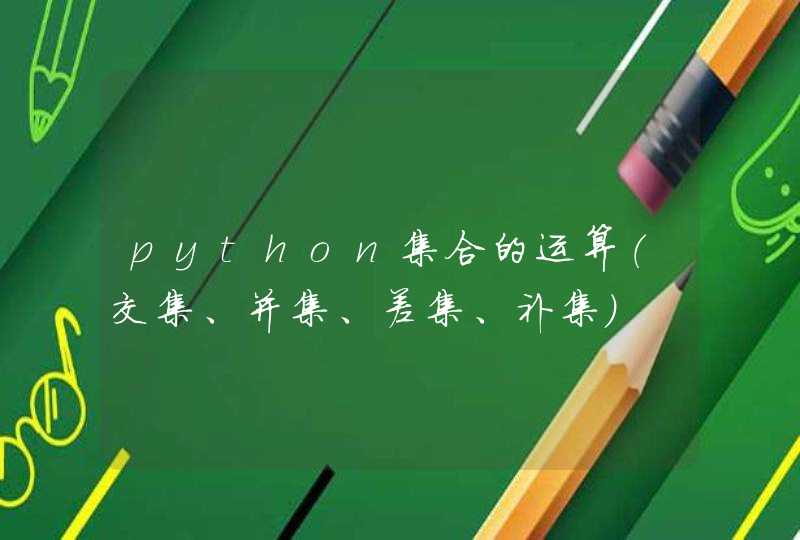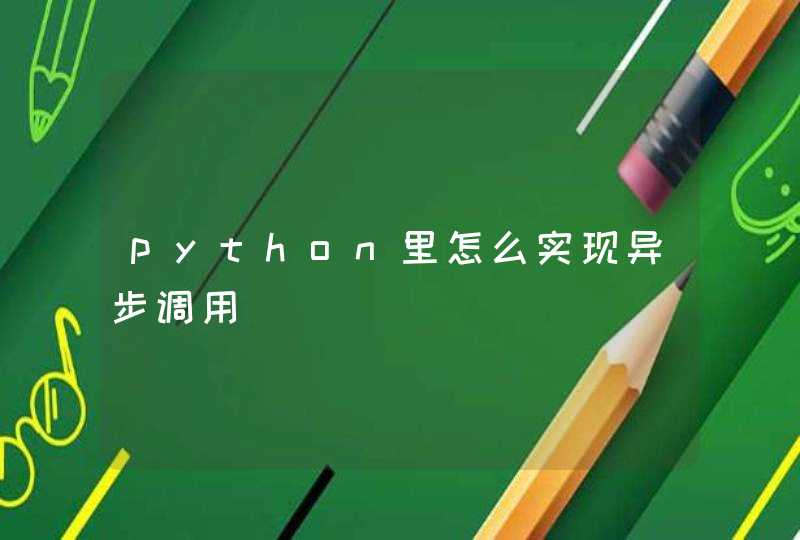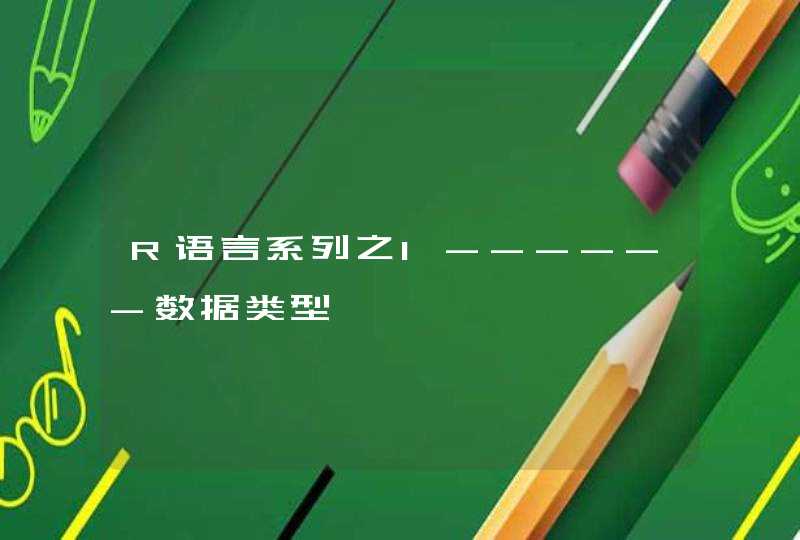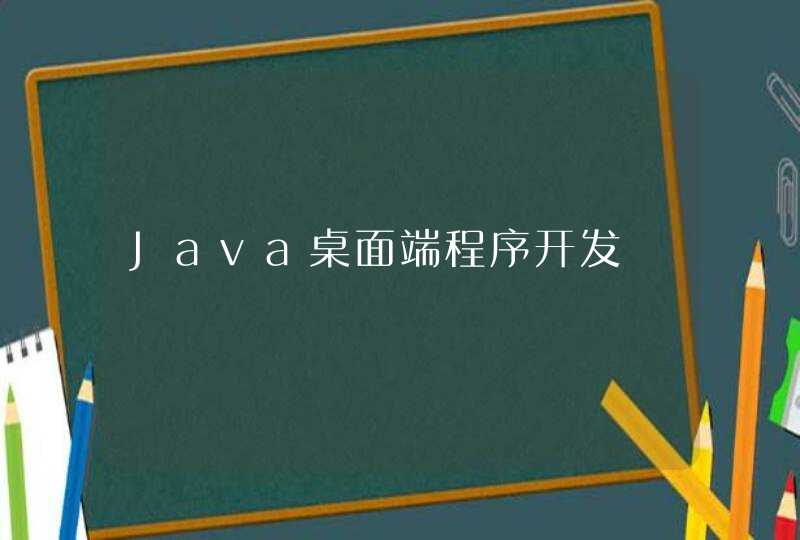
但是这并不意味着单纯掌握一门Python语言,就对爬虫技术触类旁通,要学习的知识和规范还有喜很多,包括但不仅限于HTML 知识、HTTP/HTTPS 协议的基本知识、正则表达式、数据库知识,常用抓包工具的使用、爬虫框架的使用等。而且涉及到大规模爬虫,还需要了解分布式的概念、消息队列、常用的数据结构和算法、缓存,甚至还包括机器学习的应用,大规模的系统背后都是靠很多技术来支撑的。
零基础如何学爬虫技术?对于迷茫的初学者来说,爬虫技术起步学习阶段,最重要的就是明确学习路径,找准学习方法,唯有如此,在良好的学习习惯督促下,后期的系统学习才会事半功倍,游刃有余。
用Python写爬虫,首先需要会Python,把基础语法搞懂,知道怎么使用函数、类和常用的数据结构如list、dict中的常用方法就算基本入门。作为入门爬虫来说,需要了解 HTTP协议的基本原理,虽然 HTTP 规范用一本书都写不完,但深入的内容可以放以后慢慢去看,理论与实践相结合后期学习才会越来越轻松。关于爬虫学习的具体步骤,我大概罗列了以下几大部分,大家可以参考:
网络爬虫基础知识:
爬虫的定义
爬虫的作用
Http协议
基本抓包工具(Fiddler)使用
Python模块实现爬虫:
urllib3、requests、lxml、bs4 模块大体作用讲解
使用requests模块 get 方式获取静态页面数据
使用requests模块 post 方式获取静态页面数据
使用requests模块获取 ajax 动态页面数据
使用requests模块模拟登录网站
使用Tesseract进行验证码识别
Scrapy框架与Scrapy-Redis:
Scrapy 爬虫框架大体说明
Scrapy spider 类
Scrapy item 及 pipeline
Scrapy CrawlSpider 类
通过Scrapy-Redis 实现分布式爬虫
借助自动化测试工具和浏览器爬取数据:
Selenium + PhantomJS 说明及简单实例
Selenium + PhantomJS 实现网站登录
Selenium + PhantomJS 实现动态页面数据爬取
爬虫项目实战:
分布式爬虫+ Elasticsearch 打造搜索引擎
有一个py3kcap是pycap的封装版本,可以用于python 3版本。
给你一个使用的示例代码:
#!/usr/bin/env python3.2import ctypes,sys
from ctypes.util import find_library
#pcap = ctypes.cdll.LoadLibrary("libpcap.so")
pcap = None
if(find_library("libpcap") == None):
print("We are here!")
pcap = ctypes.cdll.LoadLibrary("libpcap.so")
else:
pcap = ctypes.cdll.LoadLibrary(find_library("libpcap"))
# required so we can access bpf_program->bf_insns
"""
struct bpf_program {
u_int bf_len
struct bpf_insn *bf_insns}
"""
class bpf_program(ctypes.Structure):
_fields_ = [("bf_len", ctypes.c_int),("bf_insns", ctypes.c_void_p)]
class sockaddr(ctypes.Structure):
_fields_=[("sa_family",ctypes.c_uint16),("sa_data",ctypes.c_char*14)]
class pcap_pkthdr(ctypes.Structure):
_fields_ = [("tv_sec", ctypes.c_long), ("tv_usec", ctypes.c_long), ("caplen", ctypes.c_uint), ("len", ctypes.c_uint)]
pkthdr = pcap_pkthdr()
program = bpf_program()
# prepare args
snaplen = ctypes.c_int(1500)
#buf = ctypes.c_char_p(filter)
optimize = ctypes.c_int(1)
mask = ctypes.c_uint()
net = ctypes.c_uint()
to_ms = ctypes.c_int(100000)
promisc = ctypes.c_int(1)
filter = bytes(str("port 80"), 'ascii')
buf = ctypes.c_char_p(filter)
errbuf = ctypes.create_string_buffer(256)
pcap_close = pcap.pcap_close
pcap_lookupdev = pcap.pcap_lookupdev
pcap_lookupdev.restype = ctypes.c_char_p
#pcap_lookupnet(dev, &net, &mask, errbuf)
pcap_lookupnet = pcap.pcap_lookupnet
#pcap_t *pcap_open_live(const char *device, int snaplen,int promisc, int to_ms,
#char *errbuf
pcap_open_live = pcap.pcap_open_live
#int pcap_compile(pcap_t *p, struct bpf_program *fp,const char *str, int optimize,
#bpf_u_int32 netmask)
pcap_compile = pcap.pcap_compile
#int pcap_setfilter(pcap_t *p, struct bpf_program *fp)
pcap_setfilter = pcap.pcap_setfilter
#const u_char *pcap_next(pcap_t *p, struct pcap_pkthdr *h)
pcap_next = pcap.pcap_next
# int pcap_compile_nopcap(int snaplen, int linktype, struct bpf_program *program,
# const char *buf, int optimize, bpf_u_int32 mask)
pcap_geterr = pcap.pcap_geterr
pcap_geterr.restype = ctypes.c_char_p
#check for default lookup device
dev = pcap_lookupdev(errbuf)
#override it for now ..
dev = bytes(str("wlan0"), 'ascii')
if(dev):
print("{0} is the default interface".format(dev))
else:
print("Was not able to find default interface")
if(pcap_lookupnet(dev,ctypes.byref(net),ctypes.byref(mask),errbuf) == -1):
print("Error could not get netmask for device {0}".format(errbuf))
sys.exit(0)
else:
print("Got Required netmask")
handle = pcap_open_live(dev,snaplen,promisc,to_ms,errbuf)
if(handle is False):
print("Error unable to open session : {0}".format(errbuf.value))
sys.exit(0)
else:
print("Pcap open live worked!")
if(pcap_compile(handle,ctypes.byref(program),buf,optimize,mask) == -1):
# this requires we call pcap_geterr() to get the error
err = pcap_geterr(handle)
print("Error could not compile bpf filter because {0}".format(err))
else:
print("Filter Compiled!")
if(pcap_setfilter(handle,ctypes.byref(program)) == -1):
print("Error couldn't install filter {0}".format(errbuf.value))
sys.exit(0)
else:
print("Filter installed!")
if(pcap_next(handle,ctypes.byref(pkthdr)) == -1):
err = pcap_geterr(handle)
print("ERROR pcap_next: {0}".format(err))
print("Got {0} bytes of data".format(pkthdr.len))
pcap_close(handle)






